NTID Regional STEM Center and DeafTEC Math and Science Conference
- RIT/
- NTID Regional STEM Center and DeafTEC Math and Science Conference
- Brandon Call
- William Jennison, Victoria Holcomb
- Debbie Andries-Eggers, Connie Potersnak
- Jennifer Swartzenberg
- Chong Min Lee, Dawn Hoyt Kidd
- Michelle Halvorsen
- Stefanie Stamatis
- Rachel Tyson, Paige Kenausis
- Elizabeth Ayers
- Shari Solomon-Klebba, Lexi Porter
- Chad Smith, Karen Kritzer
- Scott Cohen
- Claudia Pagliaro
- Brian Trager, Kemoy Campbell
Math and Science Conference
Presentations and Presenters
Wild Saga
Tuesday 9:20 - 10:30 am | SDC 1300-1310
In this session, Mr. Call will share innovative strategies on effectively capturing students' attention in the realm of science education. The workshop will delve into the dynamic world of Wild Saga, exploring its unique features and demonstrating how it serves as an invaluable resource to enhance STEM learning experiences. Attendees can expect an engaging and insightful session that not only highlights the importance of captivating young minds but also unveils the diverse opportunities that Wild Saga brings to the forefront of modern science education.
Presenter:
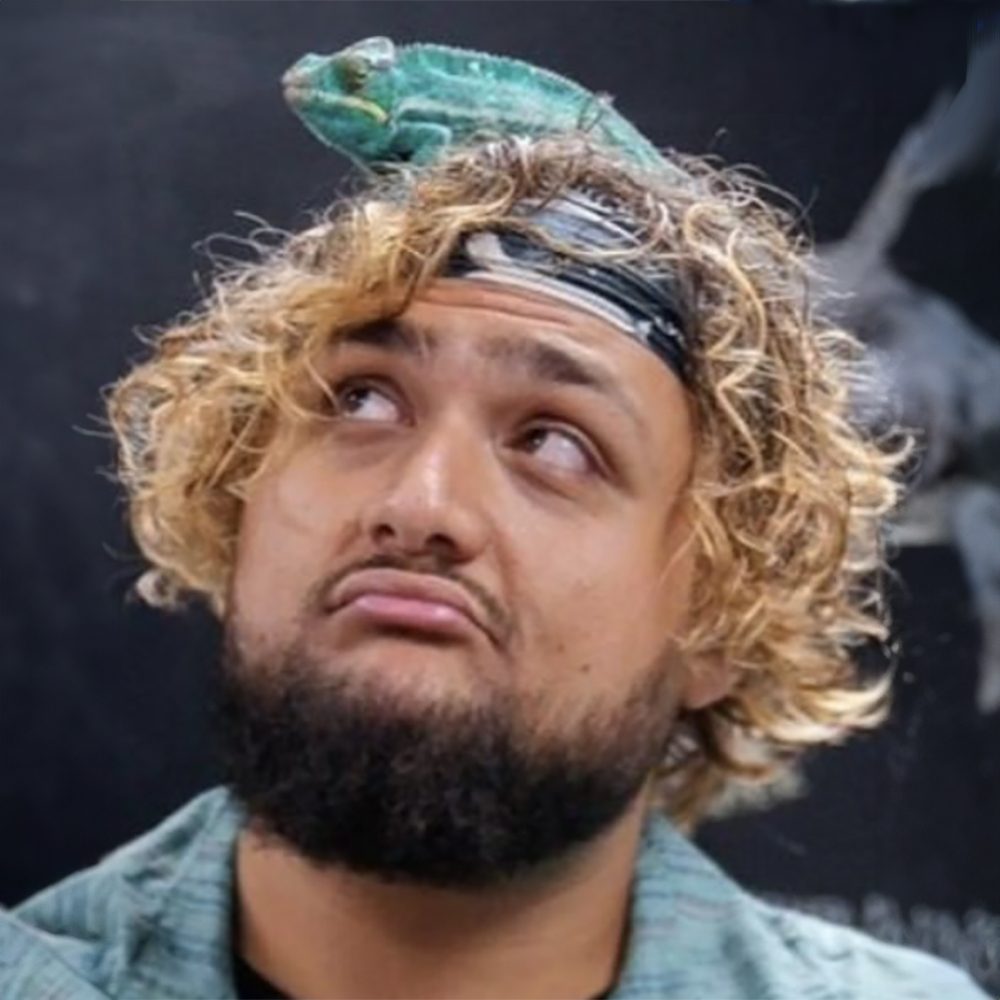
Brandon Call
Science Teacher, Florida School for the Deaf and Blind
Brandon Call Bio:
Call is a middle school science teacher at the Florida School for the Deaf and Blind in St. Augustine, FL. He graduated from California School for the Deaf, Fremont, and then from Gallaudet University. He is interested in biology/zoology and loves to explore outdoors. His motto is "Explore to Learn. Learn to Teach. Teach to Explore". He is the host of Wild Saga, an episodic series of nature and wildlife.
Mini-Activities to Get Students Talking About Math
Tuesday 10:45 - 11:45 am | SDC 1300
This presentation will share many math mini-activities that are great for bell-ringers or supplemental activities to encourage math discourse. These activities are designed as low floor, high ceiling, wide walls and will engage students of all levels.
Presenters:
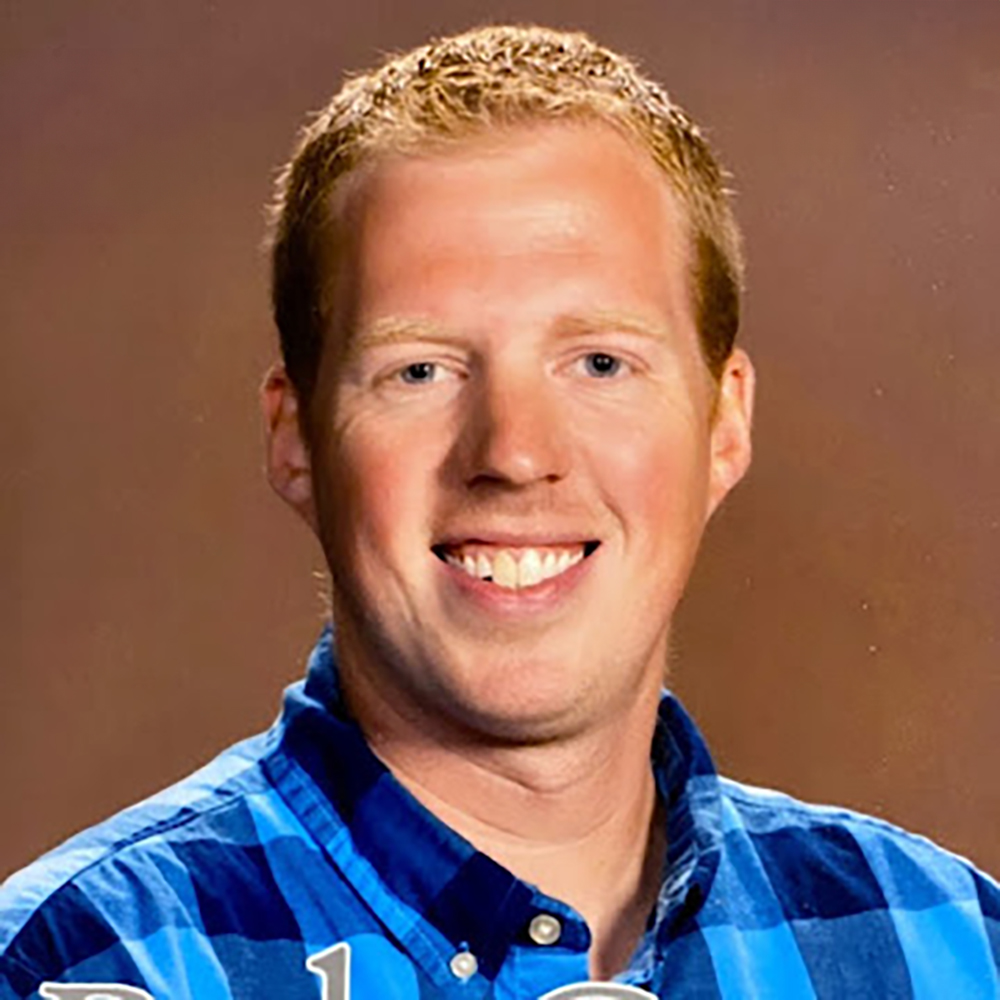
William Jennison
High School Math Teacher, Alabama School for the Deaf
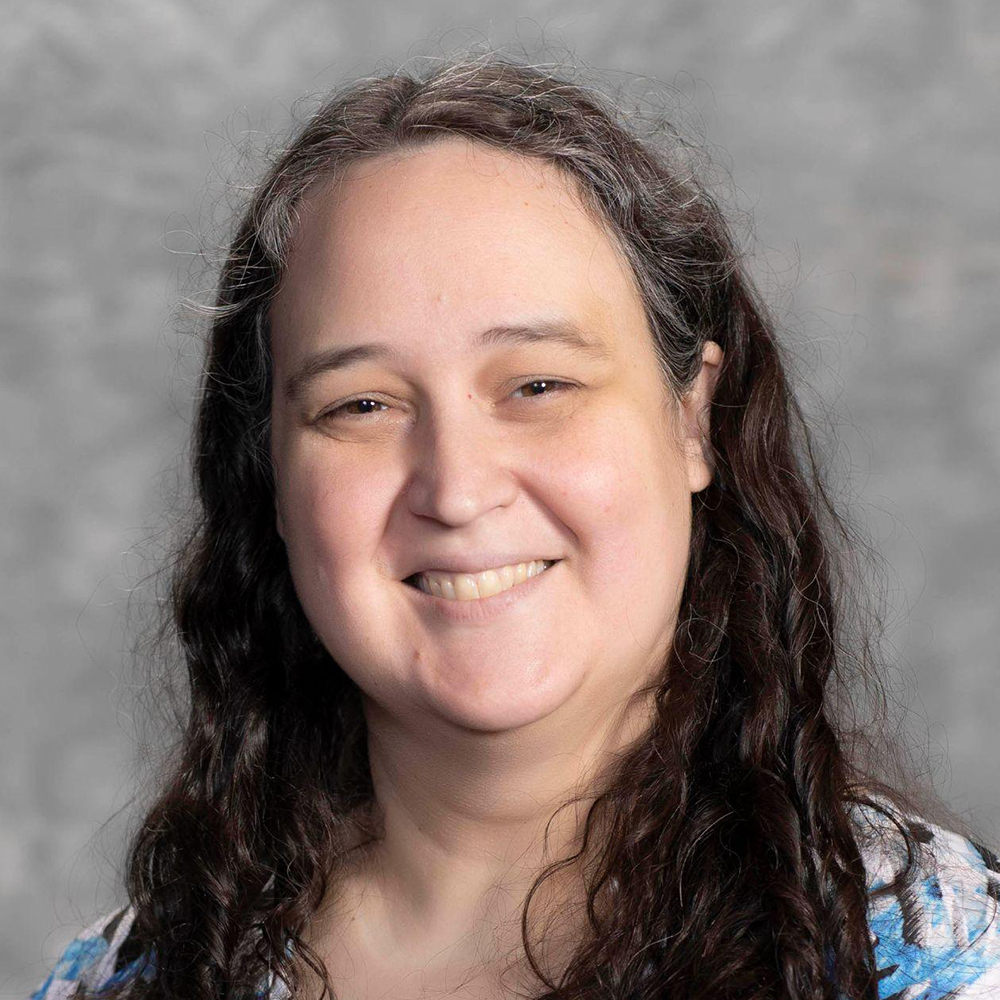
Victoria Holcomb
Middle School Math Teacher, Alabama School for the Deaf
William Jennison Bio:
William Jennison is a high school math teacher at the Alabama School for the Deaf and is currently in his 15th year of teaching. He earned his B.A. in Mathematics and M.A. in Deaf Education from Gallaudet University. He enjoys learning new math activities and applying them to promote student thinking and discourse. During free time, he enjoys spending time with his wife and three children, playing sports and spending time outdoors. Mini-Activities to Get Students Talking About Math This presentation will share many math mini-activities that are great for bell-ringers or supplemental activities to encourage math discourse. These activities are designed as low floor, high ceiling, wide walls and will engage students of all levels.
Victoria Holcomb Bio:
Victoria is a passionate educator, who tells her students that "Math and Science are best friends" and looks forward to this conference. She has been a teacher for students who are deaf and hard of hearing for 16 years, with experience teaching K-12th grade. She has spent most of her career teaching 7th-8th grade mathematics, helping kids get ready for high school math, as well as coaching the competitive drone team, middle school math team, and underwater robotics team. She has a drive for helping students, and especially in helping instill a love of math that they can carry through to adulthood. She have a wonderful husband of 20 years, and 2 teenage children that she loves dearly. Hobbies include crocheting, and spending time with her family.
Tailored Teaching: Innovative Differentiation Strategies for Deaf Students in Science Education
Tuesday 10:45 - 11:45 am | SDC 1310
In this presentation, we will explore effective differentiation strategies for supporting deaf students in a science classroom. Understanding the unique challenges faced by deaf students, we will focus on creating an inclusive learning environment that addresses their needs. Topics covered include the use of visual aids, hands-on experiments, and technology to enhance comprehension. We will also discuss collaborative learning opportunities, personalized instruction, and assessment adaptations. The goal is to empower educators with the tools and techniques necessary to foster a meaningful and accessible science education experience for deaf students.
Presenters:
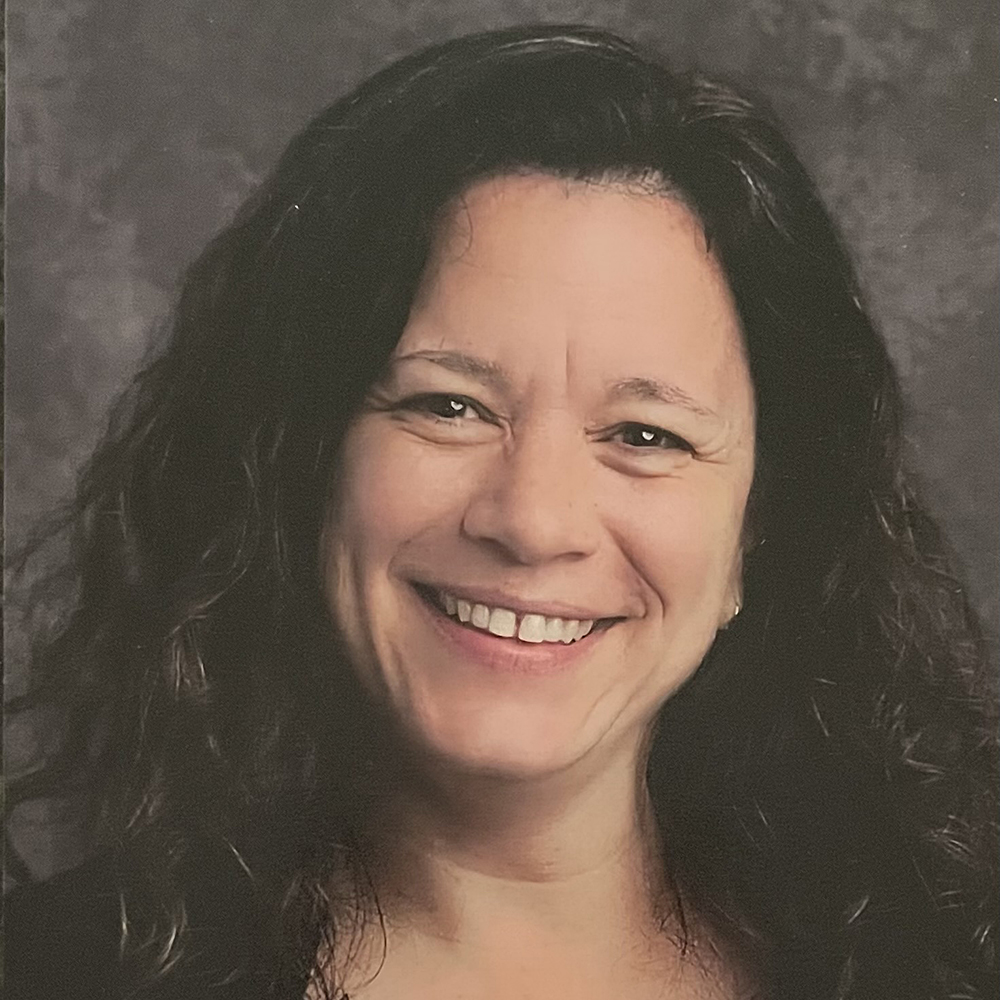
Debbie Andries-Eggers
Elementary Assistant Principal, Texas School for the Deaf
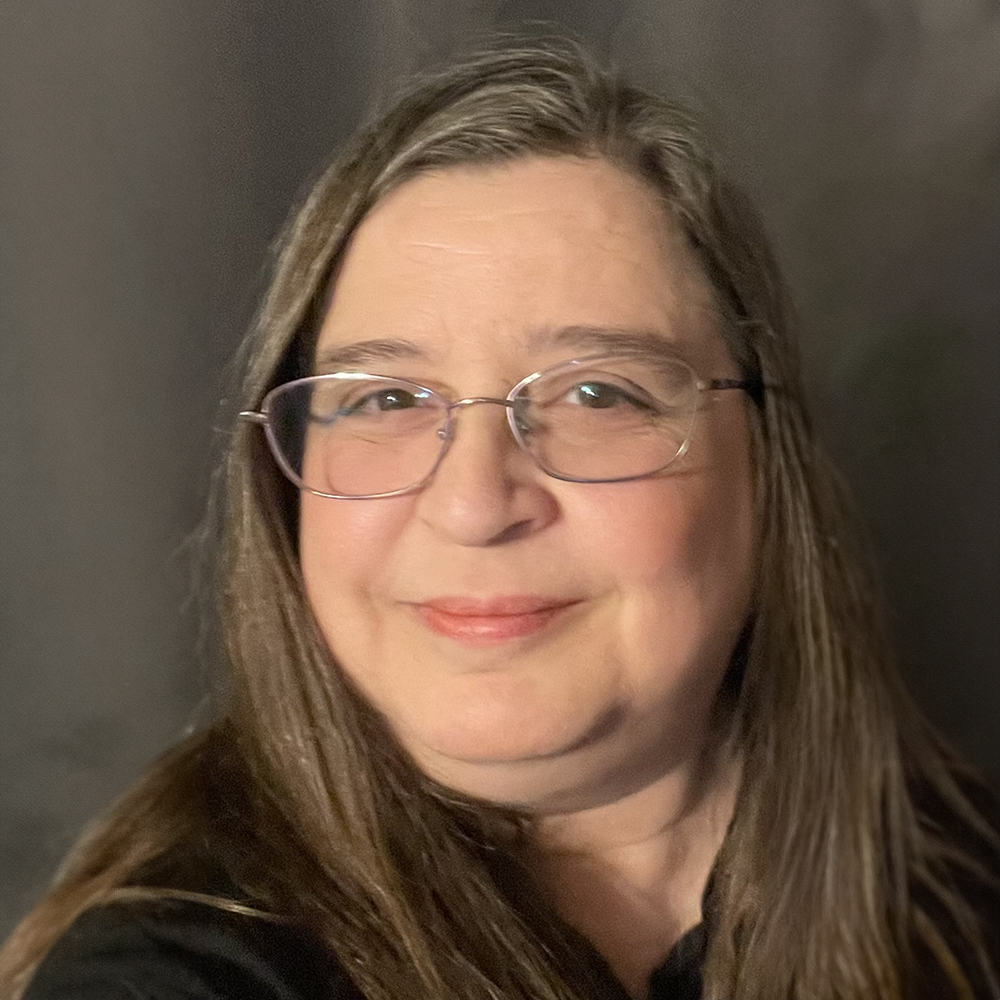
Connie Potersnak
Science Teacher, Texas School for the Deaf
Debbie Andries-Eggers Bio:
Recently retired, Debbie Andries worked at Texas School for the Deaf for 34 years. Ms. Andries began as a substitute before joining the Multi-Handicapped/Deaf (later Special Needs) Department. She taught Life Skills in the Independent Living Program before moving to the classroom. There, she taught mixed-grade classes both Life Skills and Academics for 15 years before becoming a Curriculum Specialist for the district for six years. Ms. Andries served as Principal of the Special Needs Department in 2018-2019 as the program merged its students into grade-level schools, and then spent the last five years of her career as an Assistant Principal in the Elementary program.
Connie Potersnak Bio:
Connie Potersnak has worked as a teacher at Texas School for the Deaf for 33 years. She began in the Multi-Handicapped/Deaf (later Special Needs) Department teaching mixed-grade classes Life Skills and Academics. In 2019, the Special Needs Program merged its students into grade-level schools, and Ms. Potersnak joined the Middle School as a Science teacher. This had been her primary area of focus for many years in SND. She has worked with students who excel in traditional academics as well as with students who show their academic strengths in other ways. She has presented at workshops and in school programs. In 2019, she received the Eugene W. Petersen Award for Excellence in Service at the ADARA-AMPHL Conference.
SLICE Your Way Through Chemistry: How Embodied Cognition Can Increase Learning Comprehension
Tuesday 10:45 - 11:45 am | SDC 2102
SLICE (Sign Language Incorporation in Chemistry Education) is a group of scholars at RIT/NTID. Our research focuses on embodied cognition in the classroom, specifically using your hands to complement chemistry education. Through repeated application, we’ve found that using hand signs helps deaf students improve their understanding of abstract topics.
Presenter:
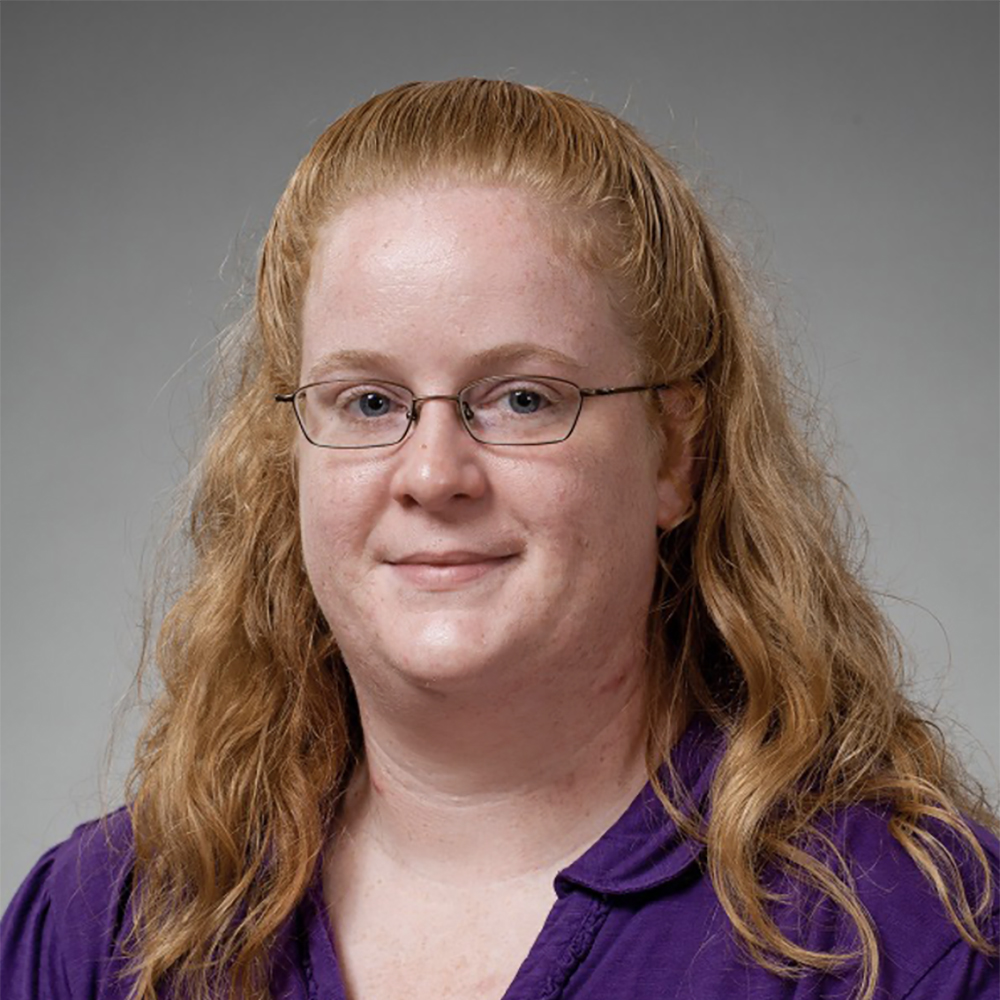
Jennifer Swartzenberg
Senior Lecturer, RIT/NTID
Jennifer Swartzenberg Bio:
Jennifer Swartzenberg is an RIT alum, graduating with both her BS and MS in chemistry from the School of Chemistry and Material Science within the College of Science. Since graduating in 2013, she has worked at NTID and holds the rank of Senior Lecturer. In that role she tutors D/HH students in BS and MS level chemistry courses. She coordinated the first group of Deaf organic chemistry teaching assistants on campus, running weekly organic chemistry workshops, which continue to this day. Outside of work, Jennifer enjoys gardening, baking, cooking, politics, and spending time with her family, friends, and pets.
Building Thinking Mathematics Classrooms for Deaf/HH Students
Tuesday 1:15 - 2:15 pm | SDC 1300
In this session we will present ideas on how to transform your mathematics classroom into a thinking classroom by using a sample implementation guide as well as the 14 practices from the book "Building Thinking Classrooms in Mathematics", Liljedahl (2020).
Presenters:
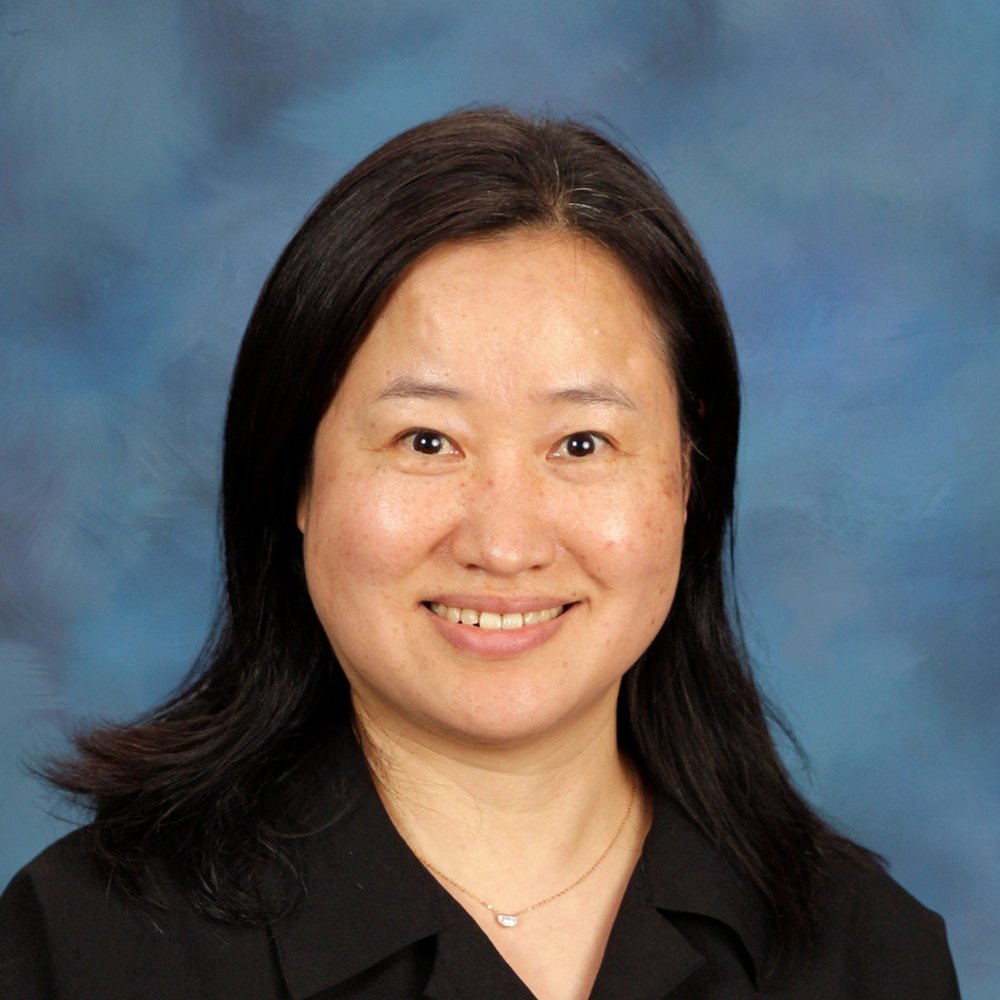
Chong Min Lee
High School Math Teacher, Metro Deaf School
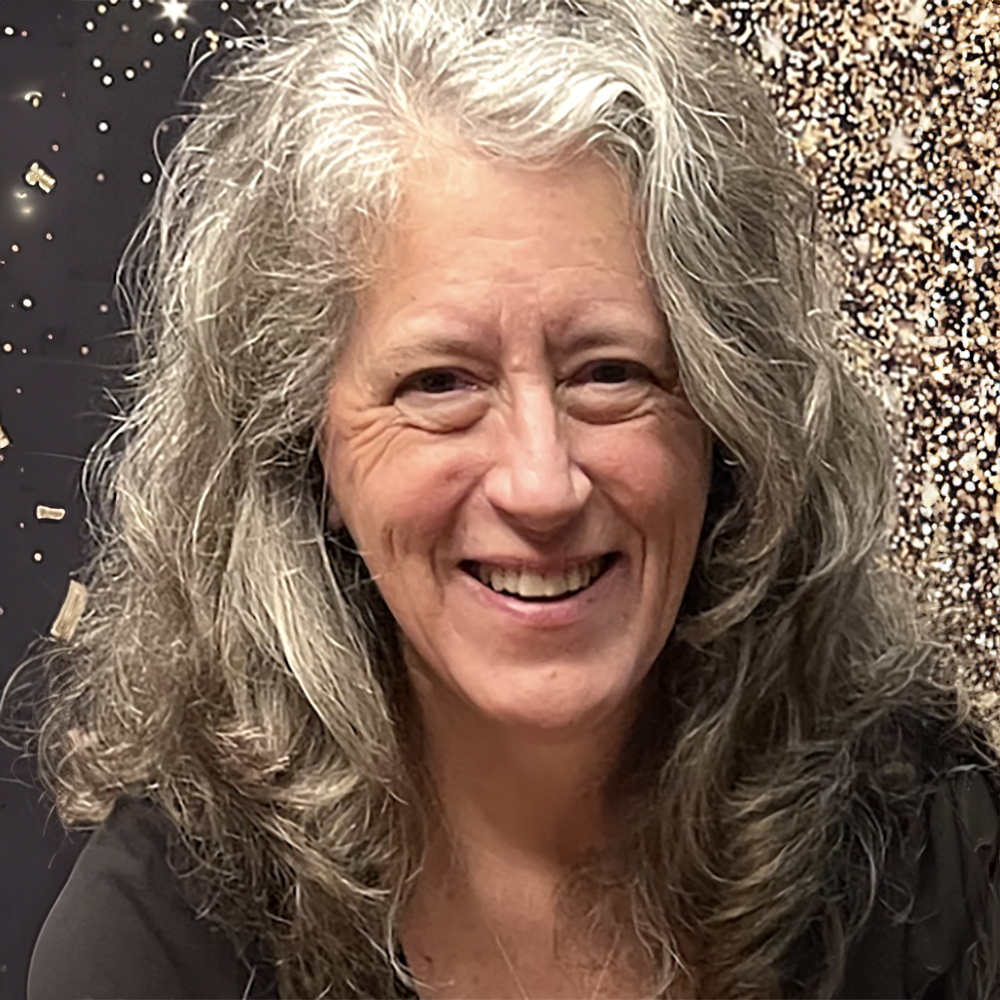
Dawn Hoyt Kidd
Lamar University, Adjunct Instructor. DeafTEC Consultant, RIT/NTID
Chong Min Lee Bio:
Dr. Chong Min Lee is a high school mathematics teacher at Metro Deaf School in St. Paul, MN, where she instructs a variety of courses including Elementary math, Pre-Algebra, Algebra I/II, Geometry, Pre-Calculus, Trigonometry, and elective subjects. In addition to her role at Metro Deaf School, she is a contributing faculty member in the Human Services program at Walden University. Before joining Metro Deaf School, she taught Deaf education, Deaf culture/history, Bilingual Education courses at several universities. Her professional interests focus on mathematics learning strategies and fostering critical thinking skills in math classrooms.
Dawn Hoyt Kidd Bio:
Dawn Hoyt Kidd retired from the Texas School for the Deaf in 2022 after 30+ years. There she taught high school and middle school mathematics, and served as the curriculum specialist for K-12 mathematics. She currently teaches pre-service teachers at the Austin site of Lamar University. She was one of the original members of the DeafTEC project started at the National Technical Institute for the Deaf (NTID) in 2011, and continues to be part of the DeafTEC Resource Center. Her professional interests are providing quality teaching in mathematics and STEM for deaf/hh students, as well as the emphasis of language within math and STEM learning. Outside of the classroom she enjoys hiking, kayaking, camping, reading, and mostly her family.
YES! You Can Write in Science Courses! Informal/Low Stakes Writing in Science Courses
Tuesday 1:15 - 2:15 pm | SDC 1310
Writing is not just for English classes! Come learn how to incorporate more informal writing opportunities for students into your science (math, STEM) courses. Participants will walk away with ideas on how to have their students write to learn in their courses.
Presenter:
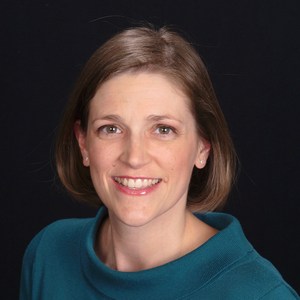
Michelle Halvorsen
Science Teacher, Texas School for the Deaf
Michelle Halvorsen Bio:
Michelle Halvorsen has recently returned to teaching high school science at Texas School for the Deaf. She previously served as a trainer for the DeafTEC program at NTID/RIT. She has a bachelor's degree in Deaf Education from Illinois State University and a master's degree in biology from Washington University in St. Louis. Michelle is also a certified ASL interpreter and spent several years interpreting in the community and for college classes before returning to teach at TSD.
Visualizing Algebra I: Harnessing TI-Nspire™ for Conceptual Mastery
Tuesday 1:15 - 2:15 pm | SDC 2102
This workshop explores leveraging the TI-Nspire™ graphing calculator as a hands-on learning tool to deepen the understanding of Algebra I concepts visually, rendering algebraic ideas more accessible to Deaf learners. Educators engage in hands-on applications of TI-Nspire™ CX technology to improve teaching methods and boost student engagement.
Presenter:
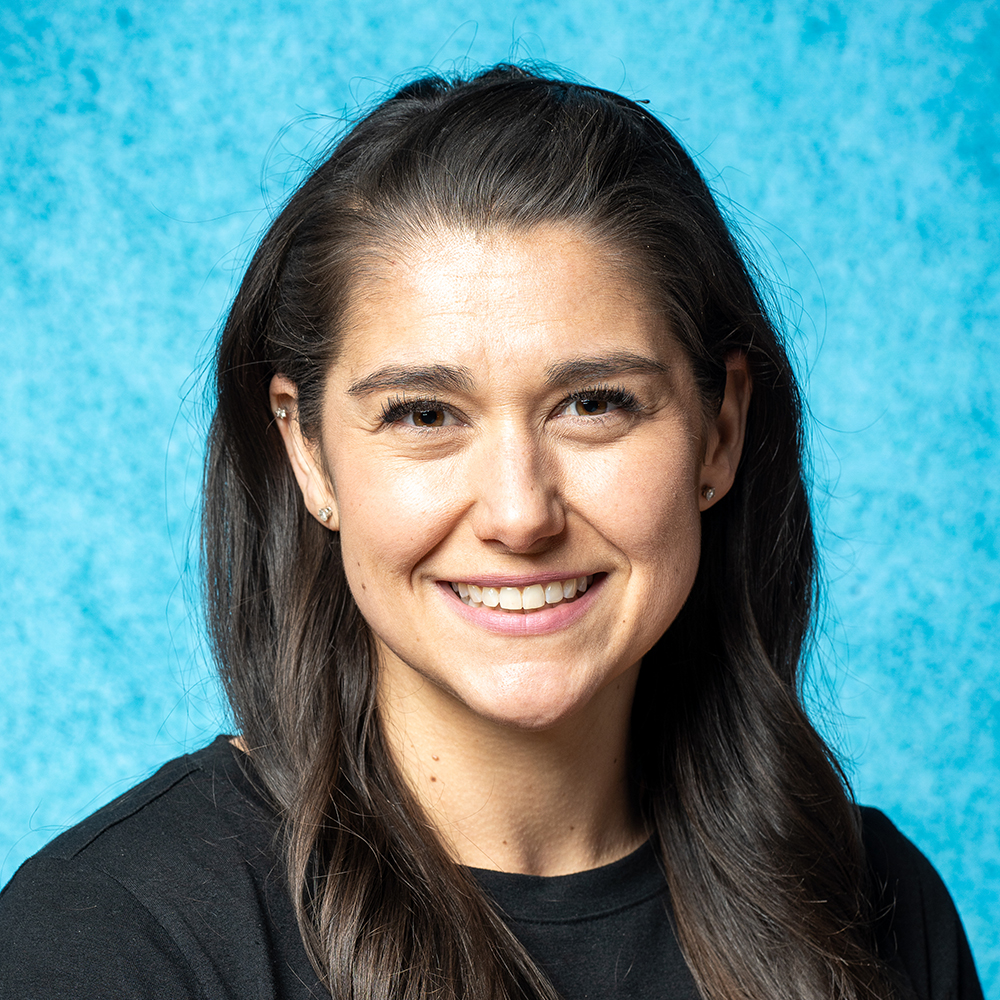
Stefanie Stamatis
High School Math Teacher of the Deaf/HH, New York School for the Deaf
Stefanie Stamatis Bio:
With 14 years of experience, Stefanie Stamatis is a dedicated Math Teacher for the Deaf and Hard of Hearing. Throughout her career, she has also been a Math Department Chair and Part-Time Math Coordinator. She hold NYS certifications in Deaf & HH and Mathematics 7-12. She earned a BA in Deaf Education with a concentration in mathematics and a minor in educational psychology from Indiana University of PA, an MA in TESOL from Stony Brook, and an Advanced Certificate in School Building Leadership from St. John’s University. She lives in Westchester, NY with her wonderful husband and daughter.
Finding the Balance in Middle School Math: Skills and Engaging Problems
Tuesday 2:30 - 3:30 pm | SDC 1300
Looking for hands-on assessments for middle school math learners? We will share high-interest performance tasks enabling ALL students show us what they know from money mangement and graphing to geometry, ratios and more. Participants will receive class-room ready lessons and have the opportunity to share their own successes.
Presenters:
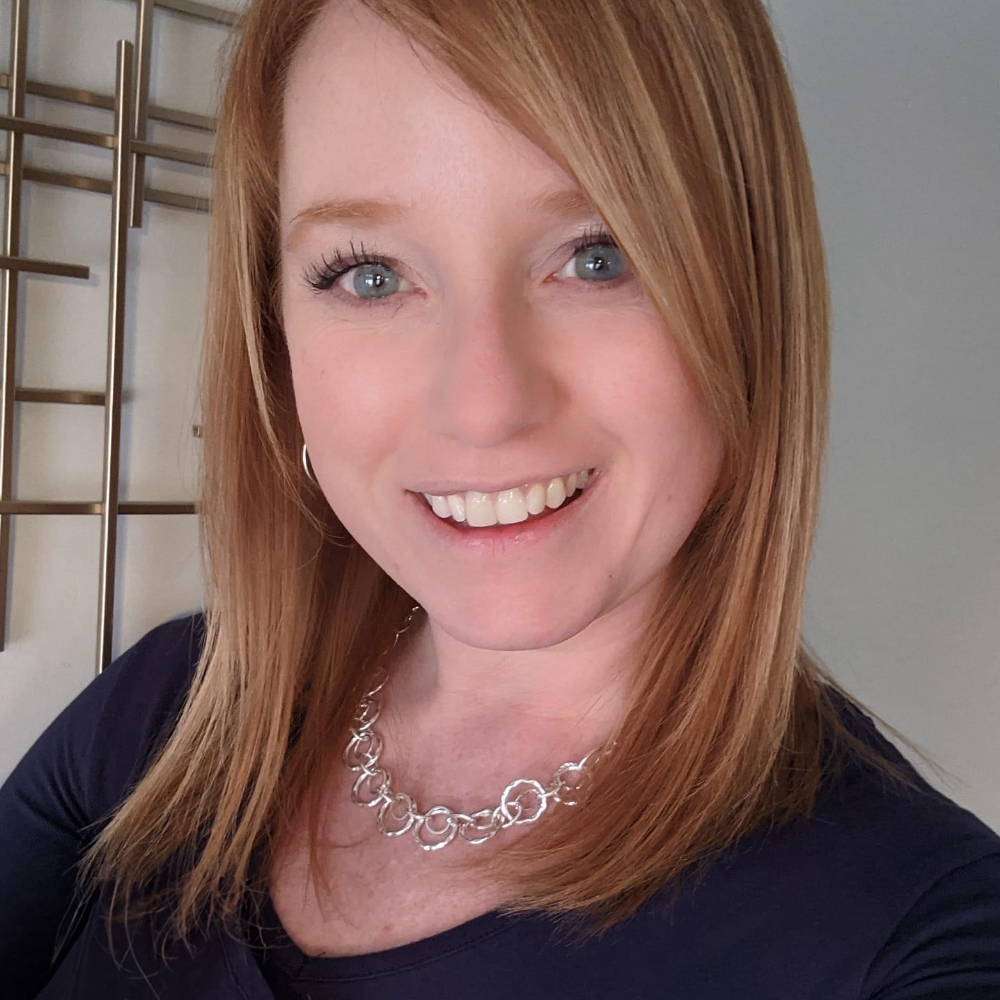
Rachel Tyson
Classroom Teacher, American School for the Deaf
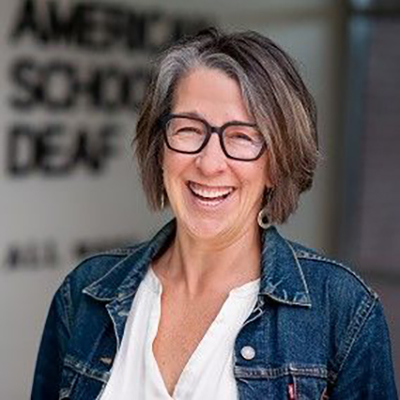
Paige Kenausis
Assistant Principal, American School for the Deaf
Rachel Tyson Bio:
Rachel Tyson is a classroom teacher at the American School for the Deaf in Hartford, CT.
Paige Kenausis Bio:
Paige Kenausis has been working in math and science education in deaf schools, mainstream public programs, and private schools since graduating from Columbia Teachers College in 1986 with her most significant math experience at the middle school level. Her professional passions lie passion in financial education and making algebra processes visual and engaging. When not thinking about math instruction, Paige can be found cooking, running, or engaged in DIY home improvements. She is currently a Math Competition Coach and Assistant Principal for the PACES program at the American School for the Deaf and enjoys sneaking into STEM classes just for fun whenever she can.
Designing Inclusive, Place-Based STEM Activities with Technology: Enhancing Science Literacy Through the 4E’s of Cognition
Tuesday 2:30 - 3:30 pm | SDC 1310
Learn to design inclusive, student-centered STEM activities with the Seek by iNaturalist app, engaging the 4E’s of cognition. Liz, a 2022 RIT Provost Innovative Teaching with Technology Awards finalist, shares resources, lesson design tips, and student testimonials. Bring your smartphones for a live, interactive demonstration!
Presenter:
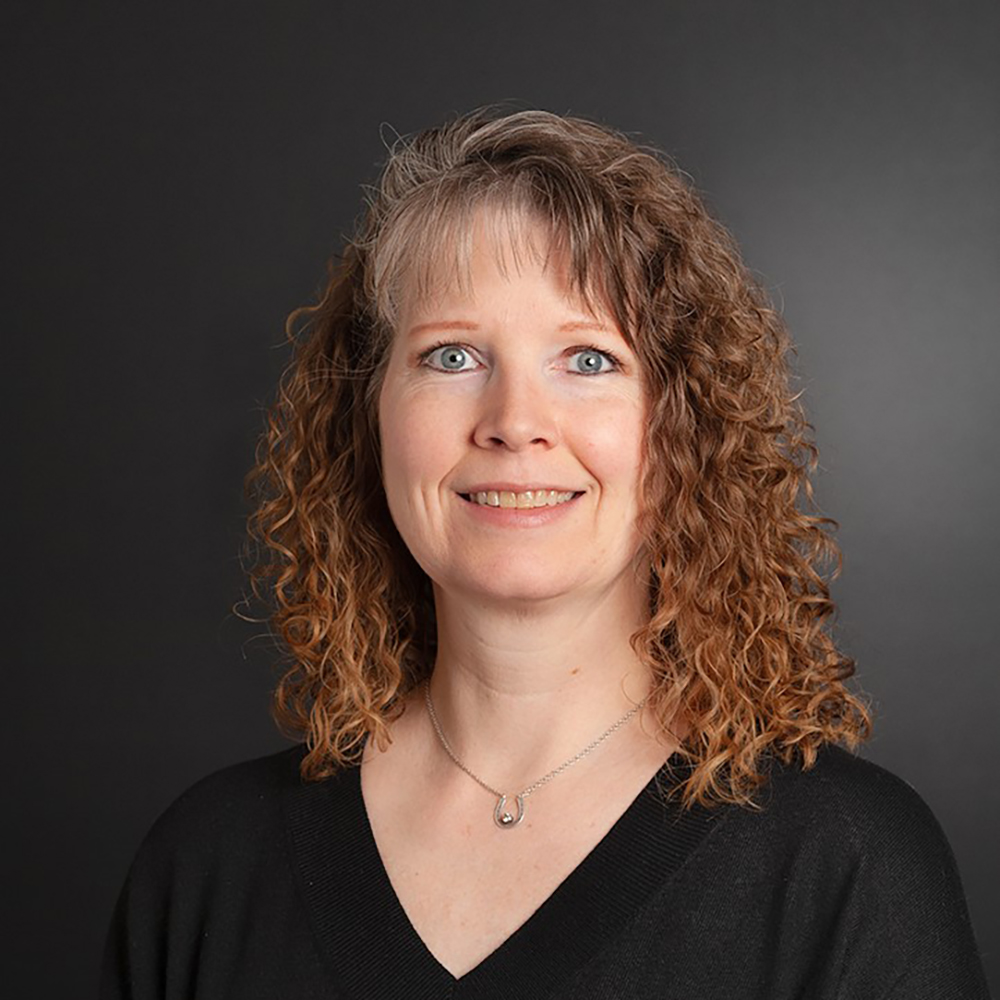
Elizabeth Ayers
Senior Lecturer, RIT/NTID
Elizabeth Ayers Bio:
Liz is a clinical and university instructor with 26 years of ongoing practice. At NTID, Liz teaches environmental science and genetics while tutoring and mentoring NTID students in health and science majors at RIT. In 2023, Liz received the Outstanding Teaching/Tutoring Award for Non-Tenure Faculty and was a finalist for the Provost’s Innovative Teaching with Technology Award. Liz is also a peer reviewer for Journal of Diagnostic Medical Sonography and the Director of Healthcare Mentoring with the Deaf Health Care and Biomedical Sciences Hub (Deaf Hub) at NTID, while continuing her clinical practice at Highland Hospital.
Visual Vocabulary and Flipping the Deaf Classroom
Tuesday 2:30 - 3:30 pm | SDC 2102
Effective teaching for deaf/HoH students in math and science at middle and high school levels emphasizes visual vocabulary and employs a flipped classroom model. Making vocabulary more visual helps enhance comprehension, while flipped classrooms engage students actively in learning, promoting deeper understanding and retention of complex concepts.
Presenters:
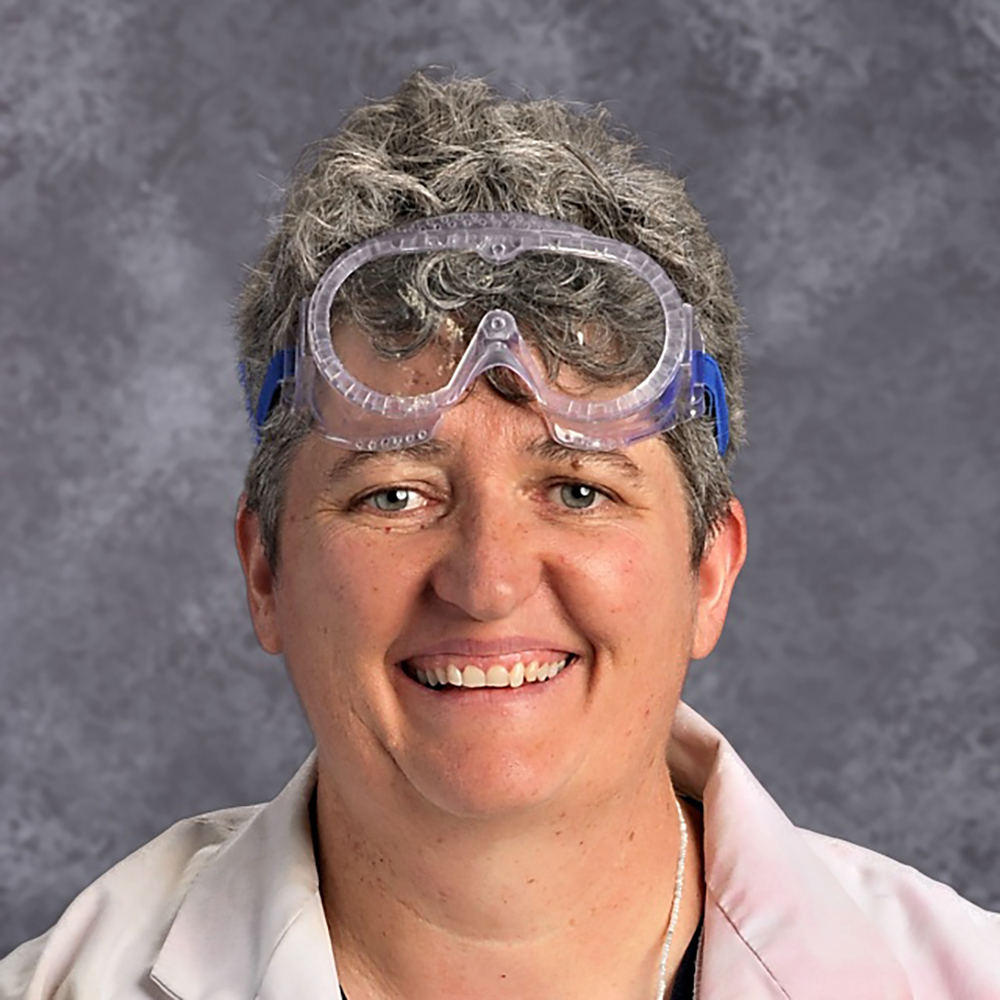
Shari Solomon-Klebba
Secondary Teacher of the Deaf - Science, Jean Massieu School (Utah Schools of the Deaf)
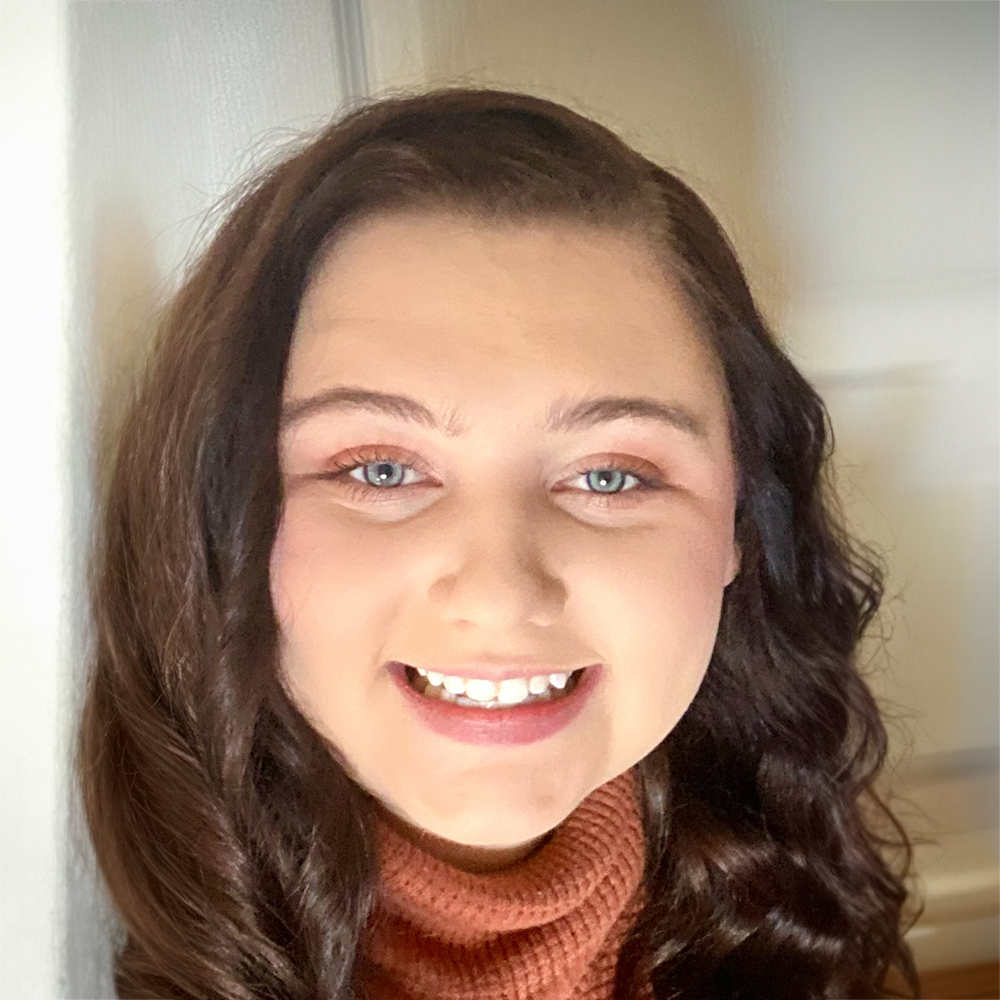
Lexi Porter
Secondary Teacher of the Deaf - Math, Jean Massieu School (Utah Schools of the Deaf)
Shari Solomon-Klebba Bio:
Shari Solomon-Klebba brings over 30 years of dedicated teaching experience for the deaf across Utah, Maine, Wyoming, and Colorado, focusing primarily on secondary science education. Currently serving as a science instructor at Jean Massieu School with Utah Schools for the Deaf, she also coaches the Academic Bowl for high school students. Outside the classroom, Shari enjoys exploring the great outdoors and relishing ocean moments with her wife and college-aged daughter. Her passion for science and commitment to empowering deaf students resonate through her teaching and extracurricular contributions.
Lexi Porter Bio:
Lexi Porter is on her 4th year of teaching in Utah, now in her second year of teaching math. Lexi brings a fresh, innovative outlook to the classroom, focusing on engaging and interactive learning experiences. Passionate about helping students develop critical thinking skills and a love for math, Lexi strives to make math fun and enjoyable. Outside of teaching, she enjoys spending time outdoors, paddle boarding, and skiing, as well as hanging out with friends and family.
Starting Coding & Robotics with Your Students
Tuesday 3:45 - 4:45 pm | SDC 1300
The presentation, for tech-newbies, will focus on the types of knowledge successful teachers of the deaf need to effectively teach STEM content with 21st Century Learning approaches. The presentation will include a theoretical portion and a hands-on component with high, low, and no- tech options for teaching diverse STEM concepts.
Presenters:
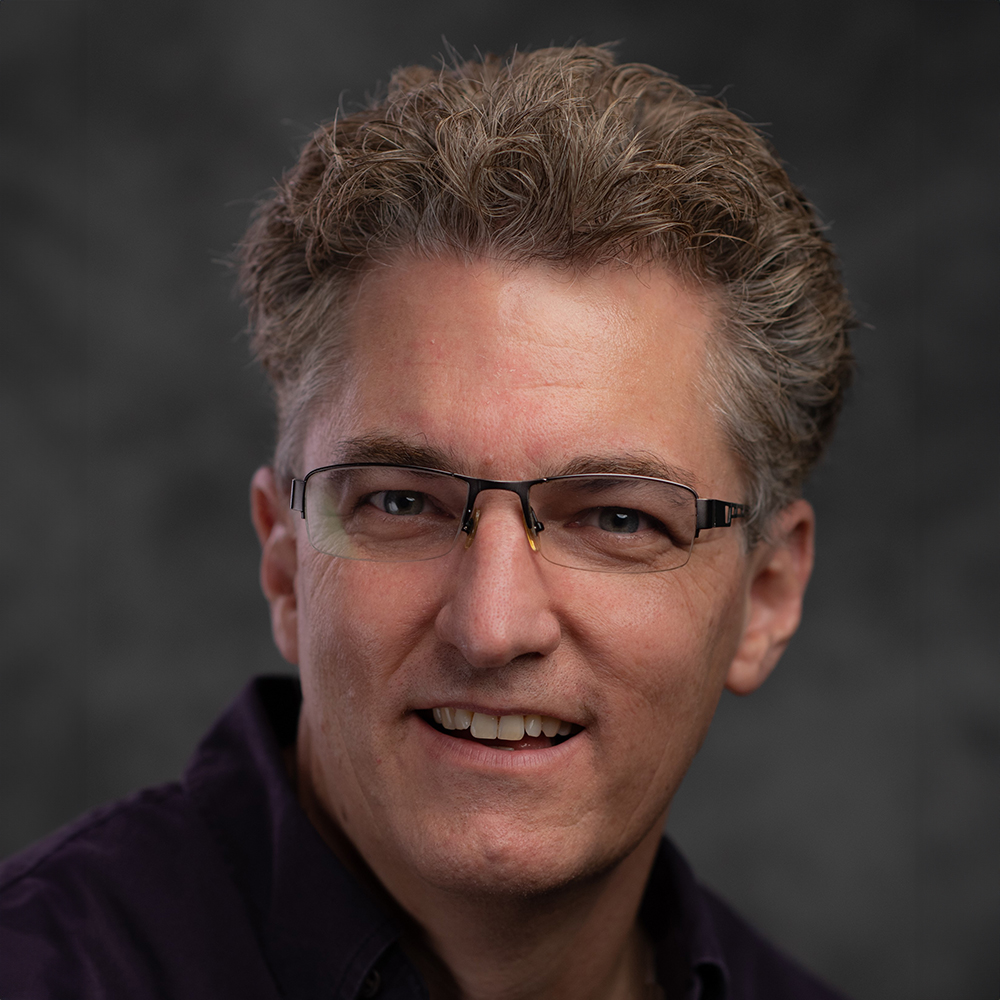
Chad Smith
Faculty, Blackburn College
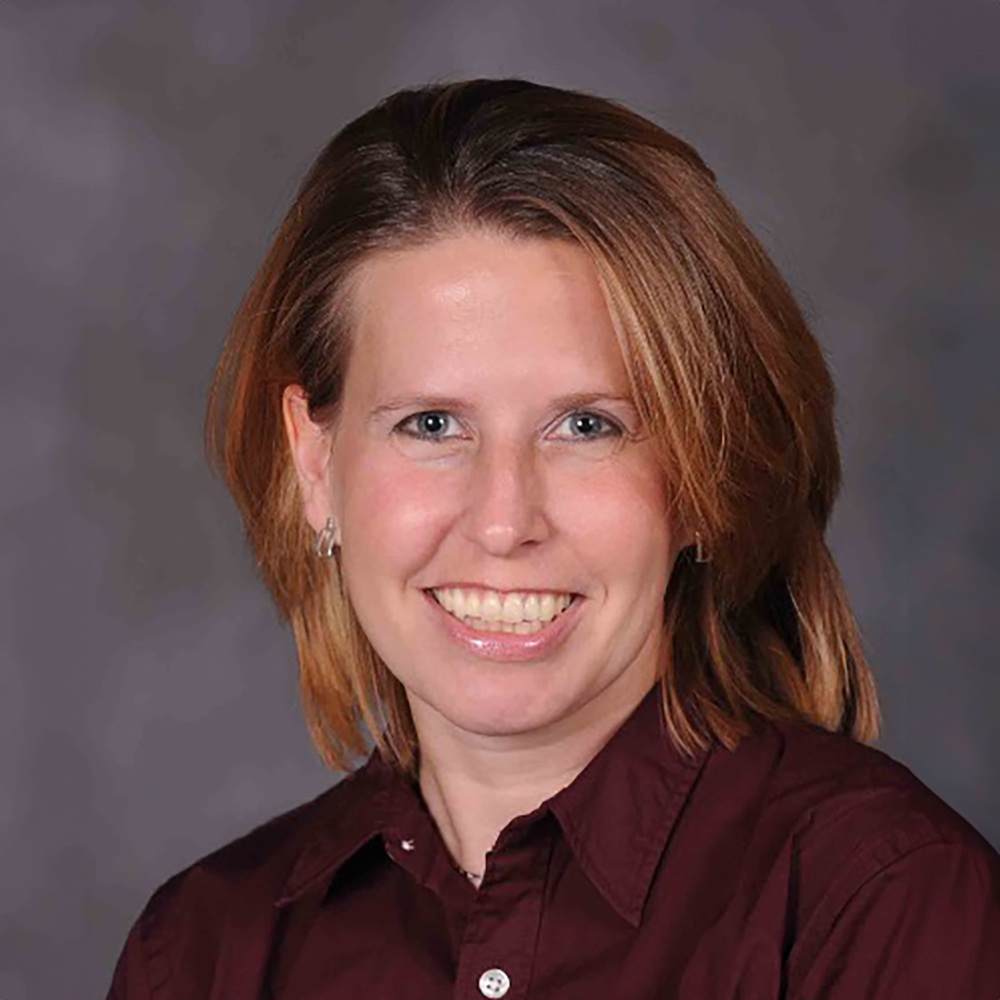
Karen Kritzer
Faculty, Kent State University
Chad Smith Bio:
Dr. Chad Smith was a Professor within Texas Woman’s University (TWU) Education of the Deaf Program for 18 years. He has a master's in Deaf Studies and Habilitation from Lamar University in Beaumont, Texas, and a doctorate in Computing Technology in Education from Nova Southeastern University in Ft. Lauderdale, Florida. He spent a decade teaching K-12 deaf/hard of hearing (DHH) students in Texas public schools. He coordinated the TWU Future Classroom Lab (TWUFCL) that he co-founded with colleague, Dr. Ludovic Sourdot. After 28 years of teaching in Texas, he retired and currently teaches special education at Blackburn College in Carlinville, Illinois.
Karen Kritzer Bio:
Karen L. Kritzer, Ph.D. is an Associate Professor and director of the Deaf Education Program at Kent State University. Prior to university, Dr. Kritzer taught DHH students from preschool to upper elementary grade levels and worked with families through early intervention. Dr. Kritzer teaches courses in Deaf Studies, Language Development, and Curriculum Design for deaf and hard-of-hearing students. Her research focuses on mathematics education for young deaf children and family/home-related factors that contribute to early learning and the development of critical thinking skills for this population. She has multiple publications and has presented nationally and internationally on related topics.
Leveraging Scientific ASL Resources in Your Classroom
Tuesday 3:45 - 4:45 pm | SDC 1310
Do you struggle with learning appropriately signed lexicon for content terminology in your classroom and want to promote scientific and STEM discourse with your students? This presentation is for you as it will share an instructional tool for leveraging existing ASL resources to promote scientific-ASL discourse in your classroom.
Presenter:
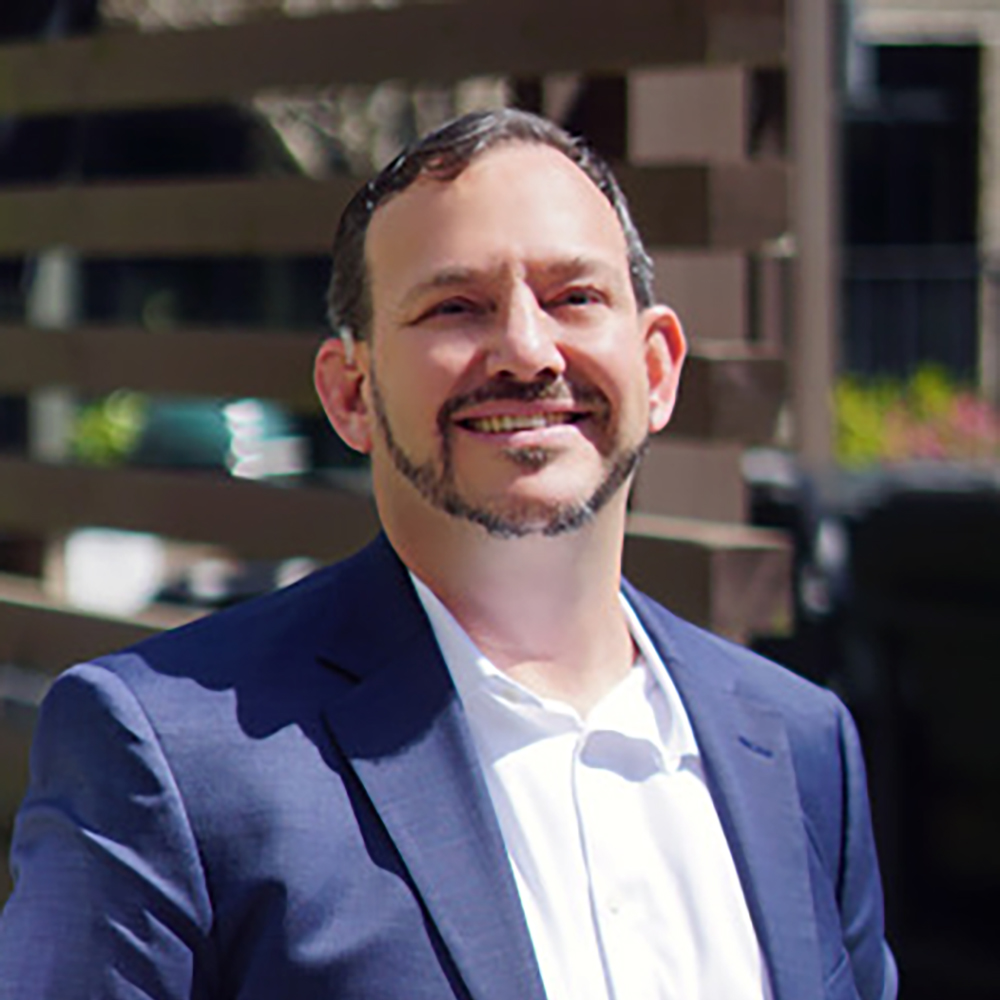
Scott Cohen
Doctoral Candidate, Georgia State University
Scott Cohen Bio:
Scott Cohen, a doctoral candidate in science education at Georgia State University, is engaged in interdisciplinary work with science learning opportunities through signed language for deaf students and the community. Deaf since birth, his lived experience involved being both a student and teacher in deaf education that guided through his scholarship on creating inclusive and accessible learning experiences for deaf students, who are historically excluded from science and STEM spaces.
Math AND Science, Naturally!
Tuesday 3:45 - 4:45 pm | SDC 2102
The proposed presentation will highlight the interconnection between science and mathematics in the natural world. Emphasis will be placed on bringing meaningful and purposeful lessons to DHH students that relate these concept areas to real life. Related apps (e.g., data trackers), websites, and virtual labs will be discussed.
Presenter:
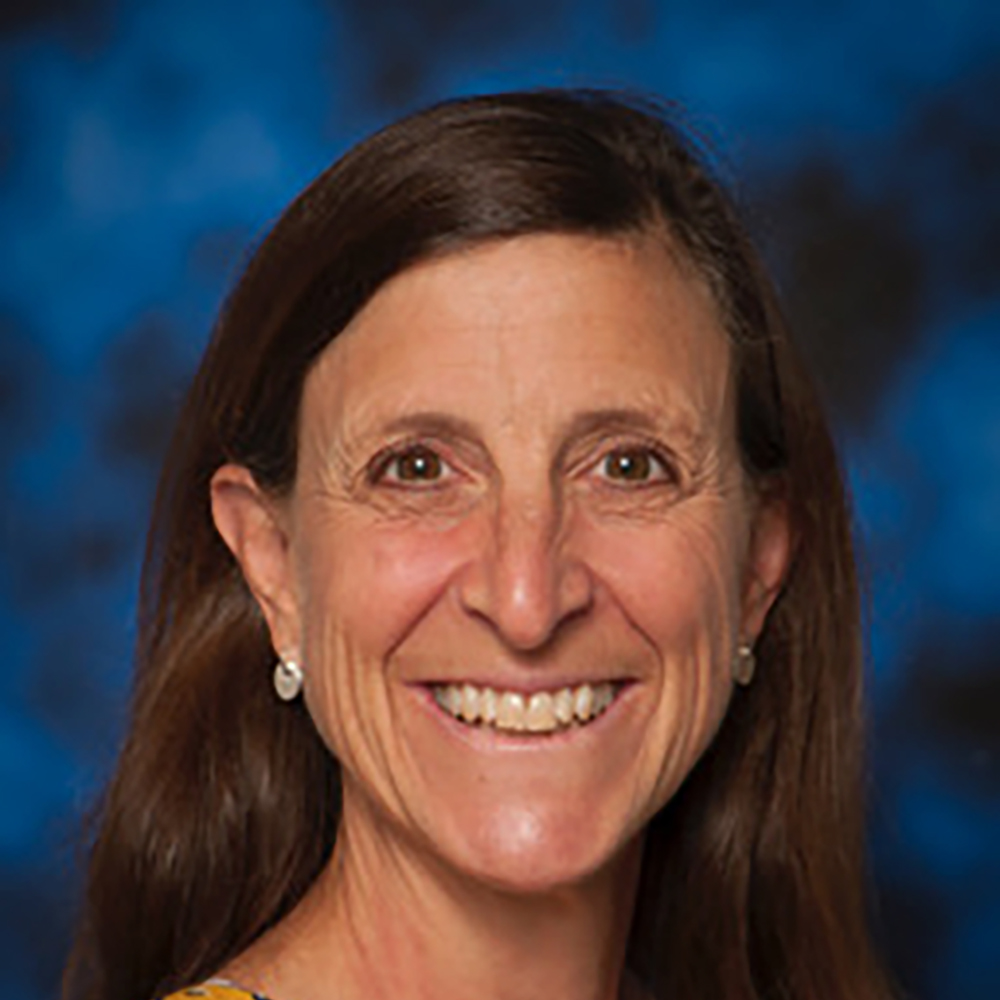
Claudia Pagliaro
Professor Emerita, University of North Carolina at Greensboro
Claudia Pagliaro Bio:
Claudia Pagliaro is currently Professor Emerita at the University of North Carolina at Greensboro. She is recognized internationally for her work over the past three decades in mathematics instruction and learning with DHH students (PK-12), language and cognition, and teacher education. She has presented around the globe and has authored numerous publications. These days, Dr. Pagliaro can be found more by the ocean than by the numbers.
Harnessing AI in Math and Science Education
Wednesday 10:45 - 11:45 am | SDC 1300-1310
Artificial Intelligence (AI) is here, so how can educators use it effectively in the classroom? This closing keynote will point toward the future, explaining what AI is, and its productive uses for D/HH students in Math and Science learning.
Presenters:
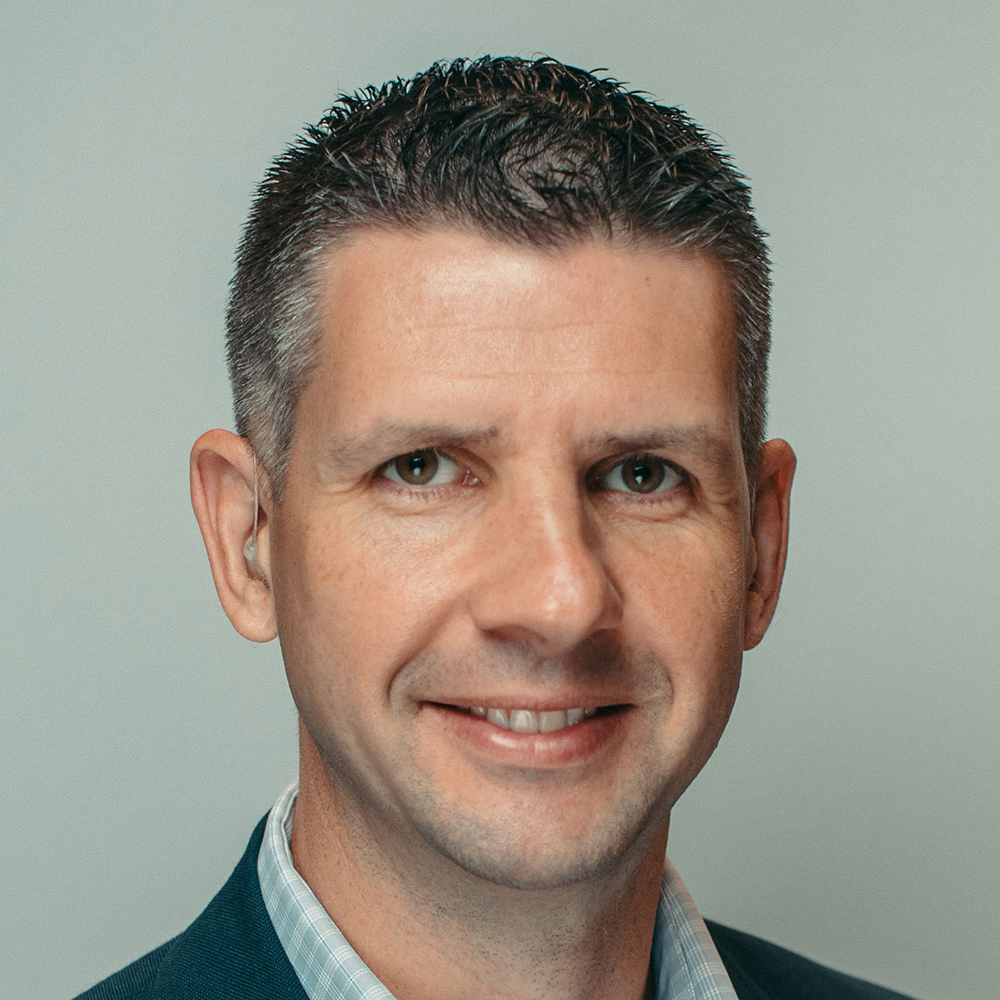
Brian Trager
Dept. of Information and Computing Studies, RIT/NTID
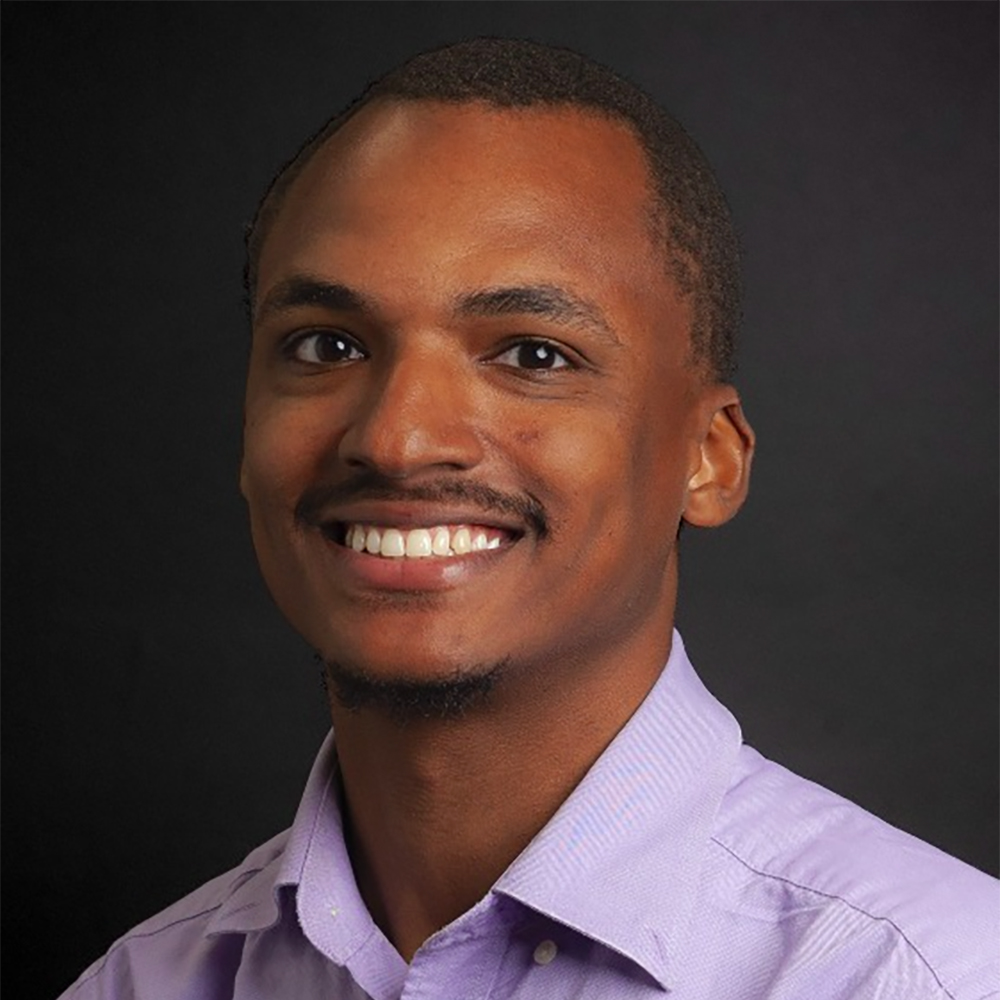
Kemoy Campbell
Dept. of Information and Computing Studies, RIT/NTID
Brian Trager Bio:
Brian Trager serves as the Chairperson of the Information and Computing Studies department at the National Technical Institute for the Deaf (NTID), one of the nine colleges of Rochester Institute of Technology. At NTID, he has imparted instruction in a diverse range of subjects, including computer hardware, networking, web development, programming, and mobile app development. In addition, Brian has actively participated in research initiatives focused on accessibility. Notably, he collaborated on a project with Microsoft that centered on captions utilizing automatic speech recognition. This collaboration led to the development of a product known as Live Captions in Microsoft PowerPoint. He has also contributed to the development of meta captions for augmented reality applications. More recently, Brian has ventured into the realm of AI research related to accessibility. Currently, he holds the role of co-Principal Investigator (co-PI) for the DeafTEC Resource Center grant. Brian's educational background encompasses a Bachelor of Science degree in Marketing and a Master of Science degree in Information Technology, both earned at RIT.
Kemoy Campbell Bio:
Kemoy Campbell (he/him) is a visiting lecturer in the Information and Computing Studies Department at the National Technical Institute for the Deaf (NTID) at the Rochester Institute of Technology (RIT). He teaches a variety of computing courses and is an alumnus of RIT, where he earned a Bachelor of Science in Computer Science with a minor in Computing Security.
In addition to his teaching responsibilities, Kemoy serves as a faculty advisor for the NTID Cybersecurity Club and as a support faculty tutor at the Golisano College of Computing and Information Sciences. There, he tutors students in the Bachelor's programs. Currently, he is pursuing a master's degree in software engineering. His areas of interest include programming, artificial intelligence, cybersecurity, software architecture, and open source development.


